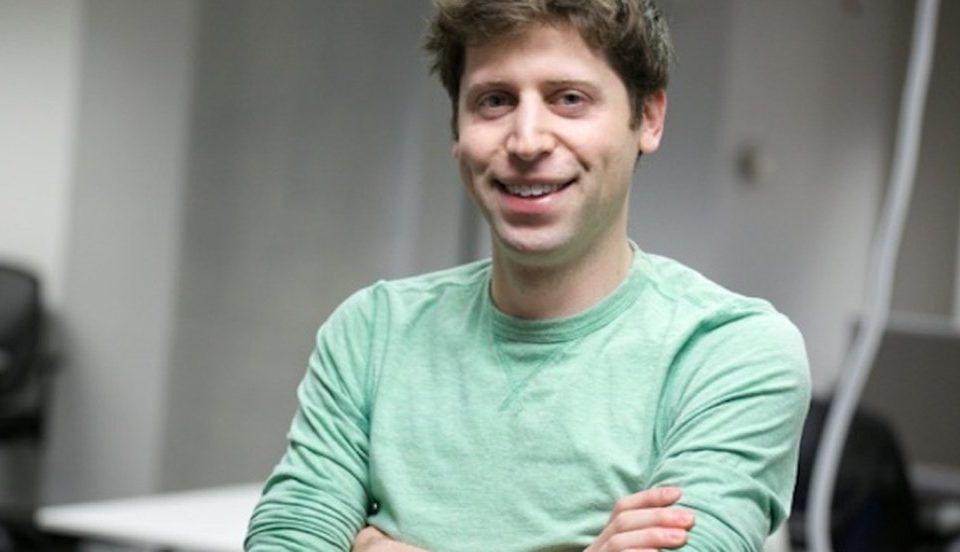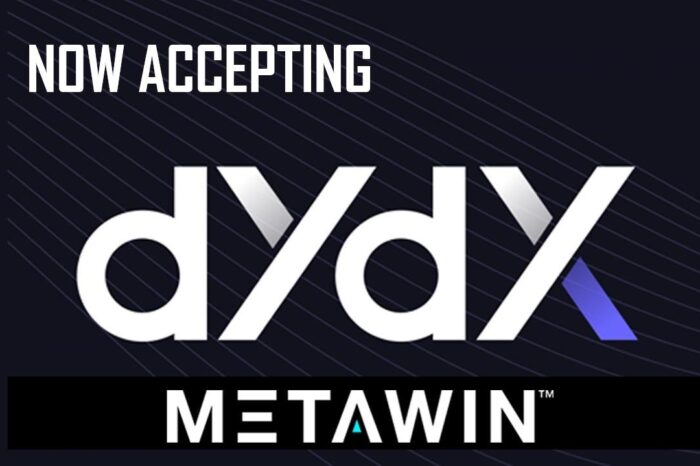Bain & Company, OpenAI expands partnership to sell ChatGPT to consulting clients

Bain & Company is deepening its partnership with OpenAI to offer AI tools, including ChatGPT, to its consulting clients, according to a report from the Wall Street Journal.
In addition, Bain is investing in an OpenAI Center of Excellence, which will be led by a dedicated team within the consultancy. The partnership goes beyond just offering tools—Bain and OpenAI will be co-creating AI-driven solutions, initially targeting the retail and healthcare life sciences sectors. The goal is to extend these offerings to other industries as well.
Originally announced in 2023, the collaboration between Bain and OpenAI aimed to bring cutting-edge AI technology to businesses. Now, in an effort to scale their reach, all of Bain’s 13,000 consultants have been granted access to ChatGPT Enterprise, a version of the chatbot designed for large companies.
“The two companies first announced a selling partnership in 2023, when they began introducing OpenAI technology to businesses. In August 2024, Bain’s 13,000 consultants received licenses for ChatGPT Enterprise, the version of the chatbot targeted at large companies,” the Wall Street Journal reported.
The core of this partnership revolves around building industry-specific AI tools for sectors like retail and life sciences. According to Bain’s worldwide managing partner, Christophe De Vusser, the consulting firm has assigned around 50 employees to this effort. While OpenAI has not disclosed how many of its team members are involved, both companies remain focused on creating custom AI solutions for industries that demand more than a one-size-fits-all approach.
This expanded collaboration reflects the shift in how businesses are approaching AI. Experimenting with the technology has given way to more practical applications. Businesses are no longer just testing AI—they want to know if their private data can be effectively used with it and what kind of results they can expect from their investments. De Vusser emphasizes that this change in mindset is driving real business transformation.
For retailers, Bain and OpenAI are working on AI-powered tools to assist with shelf planning, inventory management, and pricing strategies. In life sciences, they’re collaborating with clients like Amgen to automate document creation. Bain estimates that about 30% of its revenue is already tied to technology and AI, and this number is projected to hit 50% in the near future.
For OpenAI, this partnership with Bain is key to expanding its business footprint. As corporate budgets for AI grow, OpenAI hopes to tap into a larger market of enterprise customers. The company now boasts over one million paying business clients, including those using ChatGPT Enterprise and its education-focused product, ChatGPT Edu. OpenAI’s API usage has also surged, doubling since July as companies increasingly integrate its tech into their own systems.
While OpenAI is still operating at a loss, with projections of losing billions annually, it has made significant strides. Earlier this month, the company raised $6.6 billion in new funding, pushing its valuation to $157 billion.
Despite reports of internal challenges and executive departures, OpenAI remains committed to rolling out its tools where they can make the biggest difference, according to Chief Operating Officer Brad Lightcap.
In the past six months, the company has added about 150 new hires across its technical, sales, partnerships, and support teams, bringing the total of employees focused on enterprise sales to around 350. In total, OpenAI employs more than 1,700 people.
So far, the company has avoided developing industry-specific AI products, except ChatGPT Edu, a version designed for educational institutions that mirrors ChatGPT Enterprise’s functionality but at less than half the cost.
“We’re still relatively small and don’t have a particular focus on any one industry,” Lightcap noted, emphasizing OpenAI’s broad approach across sectors.




